On the morning of September 7, the kickoff and implementation plan review meeting for the National Key R&D Program “Hydrogen Energy Technology” focused on “Key Technologies and Experimental Validation for Large-Scale Hydrogen Storage Based on Geological Conditions,” led by Tsinghua University and headed by Professor Mei Shengwei from the Department of Electrical Engineering and Applied Electronics (EEA), was successfully held in Beijing.
The meeting was chaired by Yu Zhanqing, Deputy Secretary of the Party Committee of EEA. Li Yaoqiang, Party Secretary and Chairman of China Salt Industry Group Co., Ltd., and Li Shuiqing, Vice President of Tsinghua University Research Institute, attended the meeting and delivered speeches. The project review expert group included Academician Qian Qihu from the Army Engineering University, Academician Su Yinao from China Petroleum Engineering Research Institute, Academician Wang Qiuliang from the Institute of Electrical Engineering of the Chinese Academy of Sciences, Professor Ming Pingwen from Tongji University, Researcher Li Xiang from China Special Equipment Inspection and Research Institute, Professor Sun Dalin from Fudan University, Professor Zhang Ru from Sichuan University, Researcher Wang Lifang from the Institute of Electrical Engineering of the Chinese Academy of Sciences, Professor Liu Jianguo from North China Electric Power University, and Senior Accountant Luo Aishe from Beijing Zhongyu Tiansheng Accounting Firm. Over 60 staff members from the project implementing units participated in the meeting.
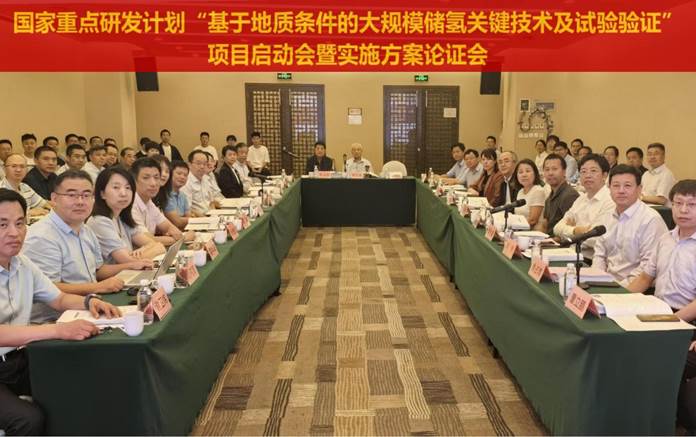
Professor Li Shuiqing extended a warm welcome and sincere thanks to all leaders and experts present at the project kickoff meeting. He stated that Tsinghua University has always placed great importance on organized research and, as the leading unit of the project, will actively coordinate and promote the work, providing comprehensive support and guarantees for the project’s smooth implementation. He hoped that the project team would strictly adhere to the relevant management requirements of the key R&D program and work diligently to achieve all project indicators with 120% effort.
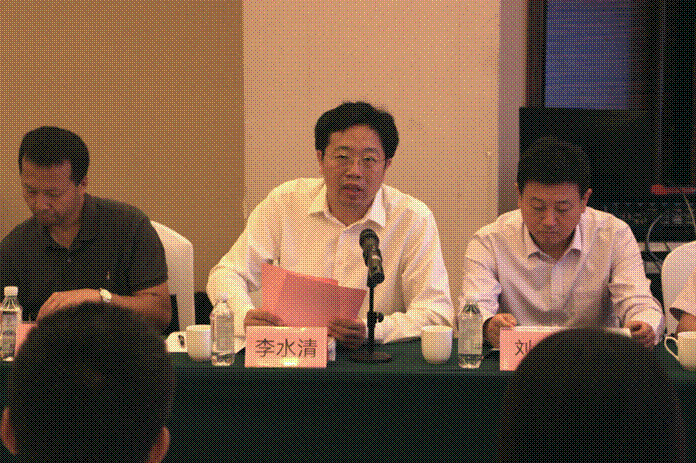
In his speech, Li Yaoqiang provided a detailed introduction to the comprehensive utilization technology of salt caverns developed by China Salt Group and reviewed the history of cooperation between China Salt Group and Tsinghua University. He emphasized that China Salt Group would fully leverage its successful experiences in natural gas storage and compressed air energy storage to fully support the construction of the hydrogen storage experimental demonstration platform, promote the independent tackling of key technologies and the localization of key equipment, and facilitate the industrial application of geological hydrogen storage, thus providing richer energy storage equipment support for building a new power system centered on renewable energy.
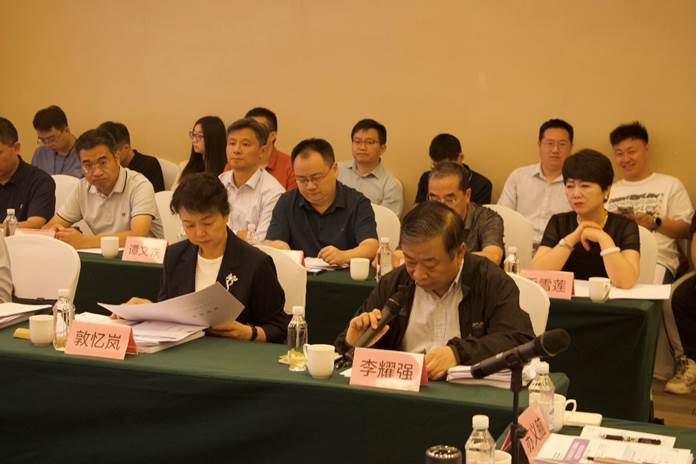
Professor Mei Shengwei reported on the project’s research content, technical route, expected results, schedule, and organizational management mechanisms, while each project leader provided detailed reports on their specific implementation plans. The expert group conducted thorough inquiries into the project and implementation plans, engaging in in-depth discussions on research difficulties, inter-topic connections, expected outcomes, assessment methods, and demonstration platform construction plans, offering constructive suggestions. The expert group deemed the project’s goals clear, the task breakdown and arrangement reasonable, and the technical route feasible. The project organizational mechanism was sound, and the risk analysis and response plans were fundamentally reasonable, meeting the management requirements of the key R&D program’s key special projects. The expert group unanimously agreed that the implementation plan passed the review.
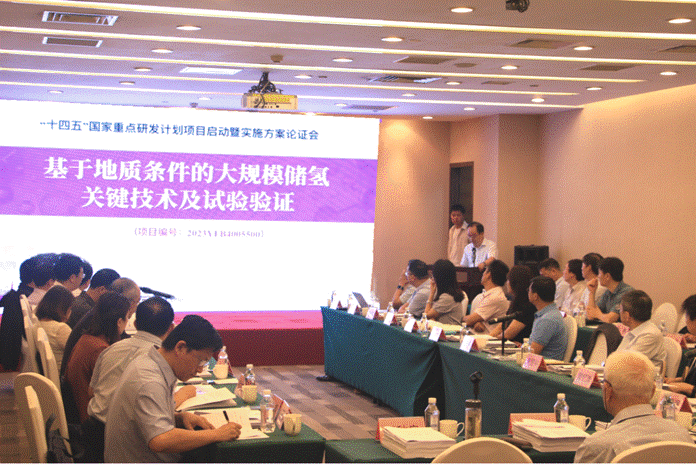
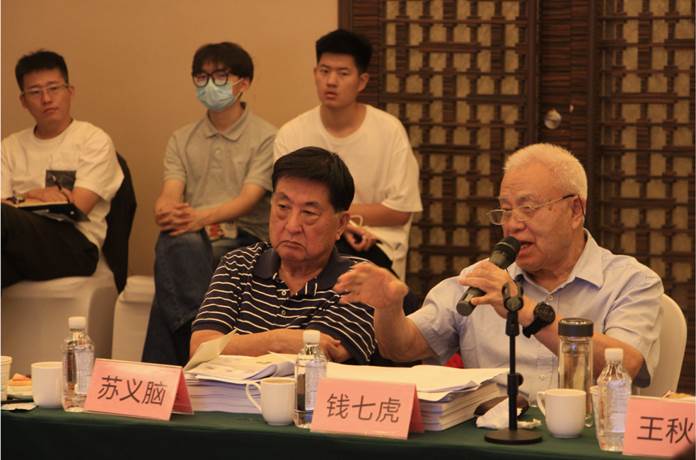
Professor Mei Shengwei, on behalf of the project team, expressed heartfelt gratitude for the strong support and guidance from the attending leaders and experts, stating that they would further refine the implementation plan based on the experts’ suggestions, accelerate project progress, and achieve the project’s goals and tasks with high quality, contributing to the high-quality development of China’s hydrogen energy industry.

Yu Zhanqing made a concluding statement, expressing sincere thanks to all experts present at the meeting. He stated that EEA would strengthen the daily management and supervision of the project to ensure that all research tasks proceed in an orderly manner according to the established plans. Additionally, they would closely collaborate with partner units to tackle technical challenges, deepen the integration of industry, academia, and research, and promote the industrialization process of hydrogen energy technology, contributing to China’s energy structure transformation and sustainable development.
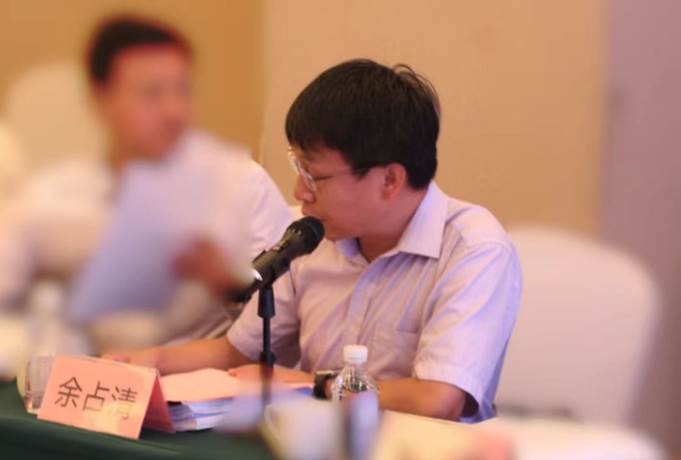
Project Overview: The project is led by Tsinghua University in collaboration with China Salt Industry Group Co., Ltd., China University of Geosciences (Beijing), Institute of Physics and Chemistry of the Chinese Academy of Sciences, Tianjin University, China University of Mining and Technology, State Power Investment Corporation Science and Technology Research Institute Co., Ltd., Shougang Group Co., Ltd., China Special Equipment Inspection and Research Institute, and China Petroleum Engineering Research Institute Co., Ltd. The project addresses safety, space, and cost issues associated with large-scale geological hydrogen storage and conducts full-chain technical research encompassing “geological evaluation, material development, cavern design, safety control, and demonstration validation.” The successful convening of this meeting marks the comprehensive launch of the project’s research work. The project team will closely align with the significant demand for safe, efficient, and large-scale geological hydrogen storage technology, overcoming key technical challenges such as underground hydrogen storage site selection and safety evaluation, critical material development, structural optimization design, and operational control, while building a large-scale hydrogen storage validation platform and establishing a core technology system for geological hydrogen storage with independent intellectual property rights, providing pioneering demonstrations for large-scale geological hydrogen storage in China.

















 News & Events
News & Events